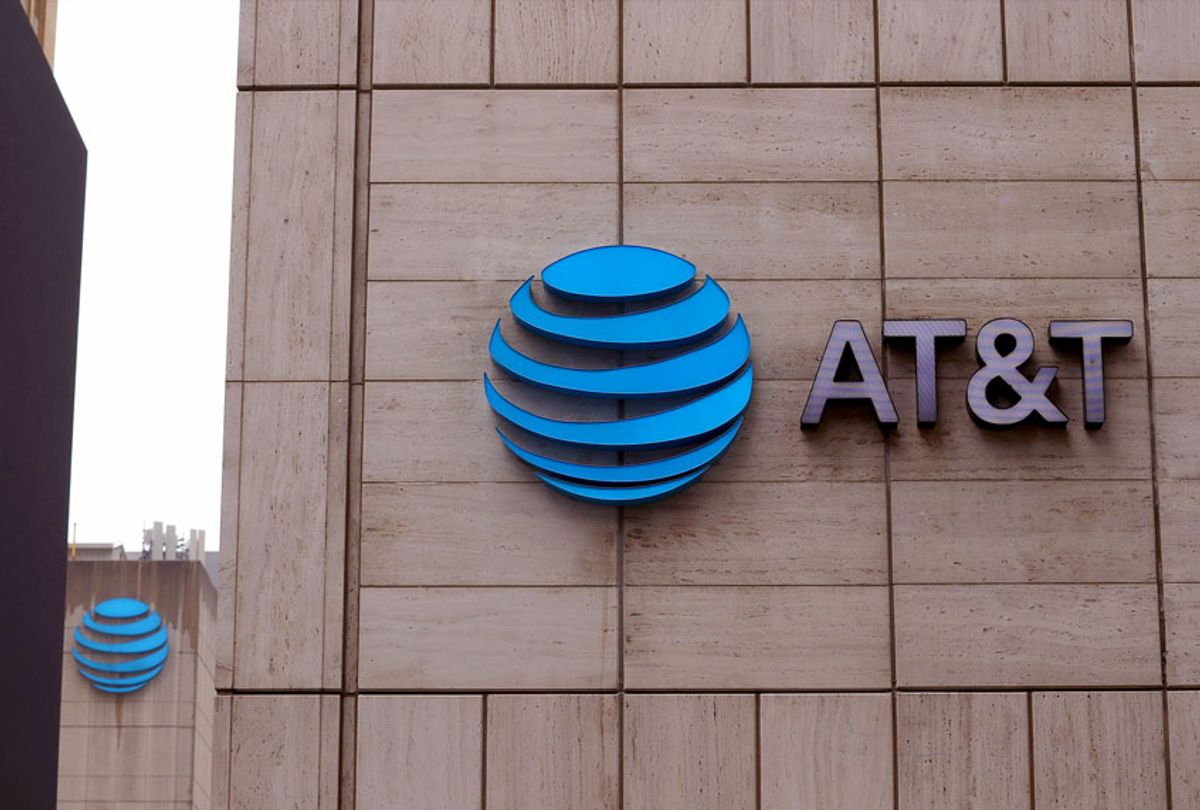AT&T, the world's largest telecommunications company, announced Tuesday that it intends to lay off thousands of workers and close 250 of its retail stores. The decision was made partially in response to the ongoing economic devastation caused by the pandemic.
The company confirmed to the news outlet Axios that 3,400 technician and clerical jobs will be lost and 250 retail stores will be closed. Those retail closures will affect 1,300 retail jobs. AT&T did not confirm what the total number of job cuts will be, other than to state that they will be "sizable."
The store closures were planned prior to the pandemic but accelerated by it, according to company executives, who added that employees there will be offered another job within the organization. Workers who are laid off will be given severance pay and six months of company-provided health care.
Although AT&T's decision was almost certainly impacted by the shrinkage of the mobile industry market due to T-Mobile merging with Sprint, the pandemic was a major factor as well. AT&T sent a statement to Axios explaining that the lower demand for legacy products combined with the new depression to hurt their business, necessitating "targeted, but sizable reductions in our workforce across executives, managers and union-represented employees, consistent with our previously announced transformation initiative. Additionally, we'll be eliminating more non-payroll workers — the vast majority of which are outside the United States — than we are managers or union-represented employees."
In response to the news, Chris Shelton, president of Communications Workers of America, said that, "If we are in a war to keep our economy going during this crisis, why is AT&T dismissing the troops?"
This is not the first time that the pandemic has taken a toll on the telecommunications industry. In March, T-Mobile announced that it was closing roughly 80 percent of its stores, while around the same time Sprint announced it would temporarily close roughly 71 percent of its retail stores across the country. Meanwhile Verizon warned in an SEC filing that "COVID-19 may affect the ability of our suppliers and vendors to provide products and services to us. Some of these factors could increase the demand for our products and services, while others could decrease demand or make it more difficult for us to serve our customers."
Much of the blame for the current economic crisis can be placed on President Donald Trump, who failed to implement early testing policies or adequate worker protection like many other countries. Indeed, other nations with more robust social welfare states introduced measures that kept workers on payrolls, preventing businesses from shuttering and laying off workers even when they could not open.
According to the Center for American Progress, nations that took these sorts of measures only saw modest increases in unemployment: Australia from 5.1 percent in February to 6.2 percent in April, Germany from 5 percent in February to 5.8 percent in April and South Korea from 3.3 percent in February to 3.8 percent in April. America's unemployment rate skyrocketed from 3.5 percent in February to 14.7 percent in April, indicating that — if proper policy measures had been put into place and American unemployment increased at roughly the same level as Australia, Germany and South Korea — roughly 17 to 18 million more Americans would have their jobs right now.



Shares